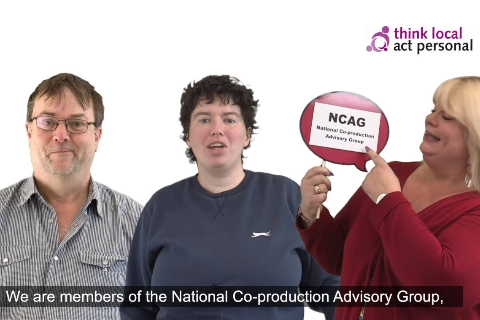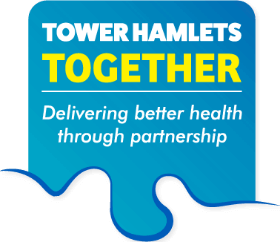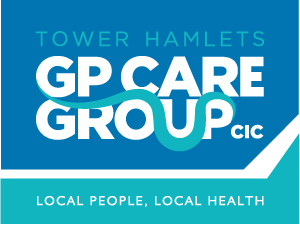- Home >
- Tower Hamlets Co-production Toolkit >
- Getting Started
Where do I start?
- Familiarise yourself with this Toolkit’s values and principles of co-production – values and principles
- Consider your piece of work, what level of participation is most appropriate and most feasible given your time and resources? Co-production may not always be the appropriate level of participation. The ladder of participation can help you think this through as co-production may not always be suitable. Discuss with someone with co-production experience.
- Consider who you need in the room. Figure out how to bring them together. Co-production should start as you embark on the work.
- You are ready to start! Define, plan and agree with everyone the co-production for the purposes of your piece of work: ensure everyone is in agreement.
What is the ladder of participation?
The ladder of participation shows different ways in which people can be involved. Whilst we aim for co-production, it may not always be appropriate or possible. If co-production is not possible or appropriate, make sure that you get yourself on the ladder!
Ask yourself: What is your piece of work trying to do and how does it want people involved?
- Look at the ladder of participation and consider how you can involve people.
- Below is addition information on consulting, engagement and informing to help you make your judgement where your activity is on the ladder of participation. Aim for co-production!
Consulting is a formal process, on occasion a statutory requirement, to ask people – people with lived experiences, staff, other stakeholders - about a plan, way of working like a strategy or new service. For example, a plan to close a service or seek views of a new Council strategy.
Engagement is a process of reaching out to people – people with lived experience, staff, other stakeholders - to make sure they can give their feedback, thoughts and ideas. For example, a commissioner going to a day-care centre to find out what people with lived experience and staff think of a specific service.
Informing is a process of explaining to people - people with lived experience, staff, other stakeholders – how something will work or be changing. For example providing a leaflet on how a service will work or changes in services.
OUR VISION: we are on the ladder of participation with the goal to co-produce as much as possible.

People can be involved in many ways, ranging from co-production to coercion. This film explains the different types of participation; and to make it more fun and easier to understand, uses football as an example. The film features members of the National Co-production Advisory Group, which is made up of people with care and support needs and carers. They are supported by Think Local Act Personal and promote the use of co-production in health and social care.
Top tips to get co-production going:
Planning
Time and Capacity
Feedback
Reward and Recognition
Planning
- Include everyone involved to collectively plan the work, decide the outcomes and how the work will be evaluated.
- Familiarise yourself with this toolkit. If you’re not sure how to start, have a discussion with a co-production expert.
Time and Capacity
- Co-production takes time!
- Both staff and people report significant pressures on their capacity so make sure co-production is planned from the start.
- Think about how people can be supported to make space for co-production.
Feedback
- Demonstrating timely and effective feedback is key.
- At the start, agree how and when you will provide feedback to people "." This builds trust and where this is done well, people keep engaged and can encourage others to become involved.
- IN ALL instances where people help services understand and develop, this should be reported back to those people.
Reward and Recognition
- People need to get something back for their contribution.
- Typically financial reward, but not always.
- When you co-produce an individual support plan, the reward is a plan that is personalised and supports their well-being.
- When the voluntary and community sector’s time is taken up to support a group co-production (or co-design) activity there must be effective and timely Reward and Recognition in place.
- Ensure this is budgeted for and thought about from the start.
- Find out more about Reward and Recognition funding contact [email protected]








